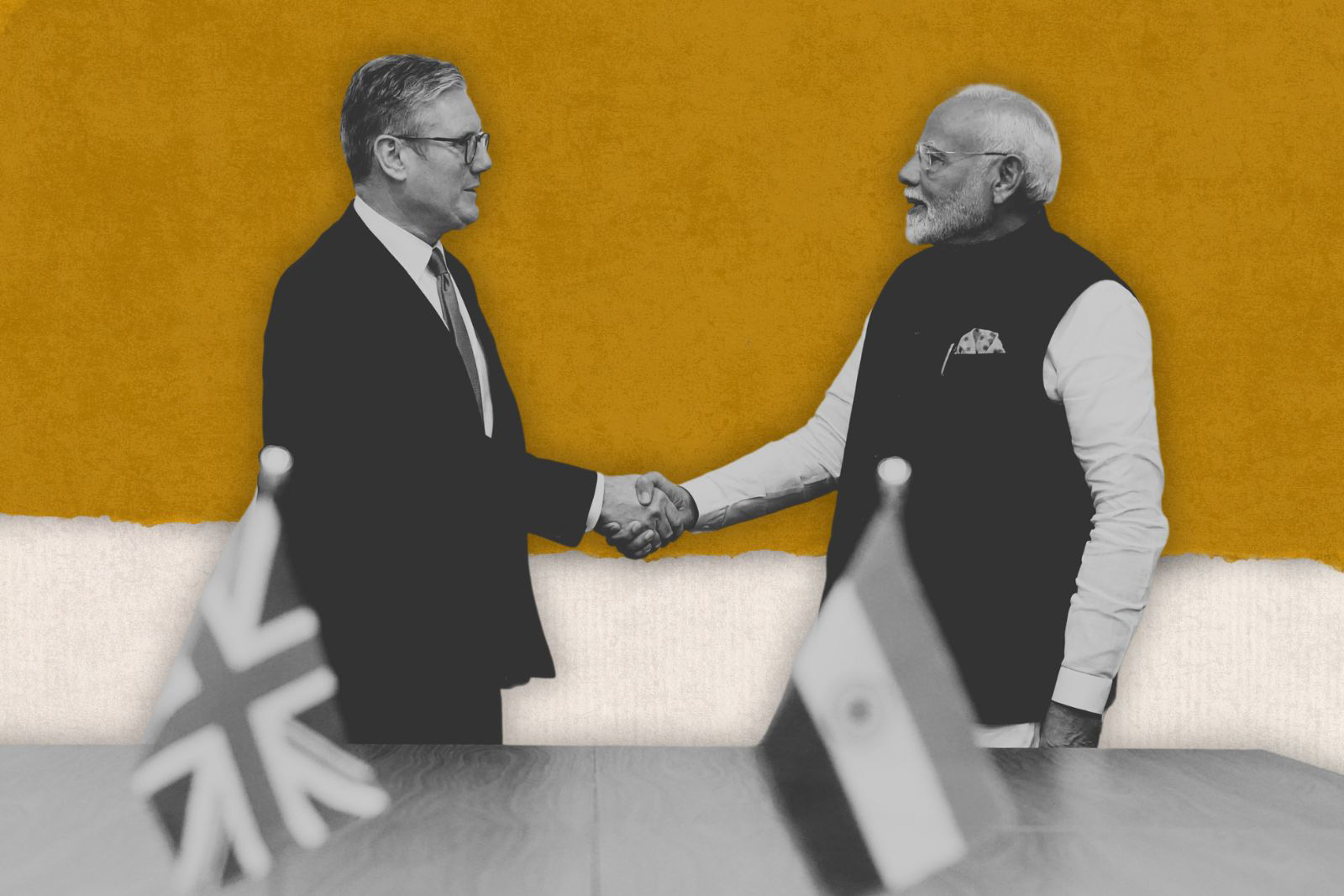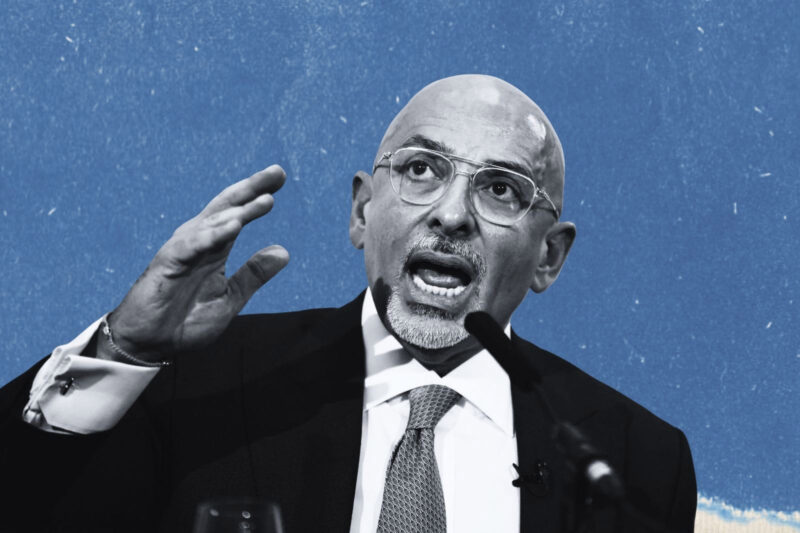India trade deal has left Labour MPs even more anxious about Reform
Trade deals are the reality of post-Brexit Britain. That hasn’t stopped Nigel Farage and Kemi Badenoch tearing into the UK’s agreement with India

Successive British governments have been talking up the economic promise of a post-Brexit Britain for years, one in which the UK is free to strike independent trade deals across the globe.
Among those potential deals, few have loomed larger than India: forecast to become the world’s fourth-largest economy in 2025, a rising geopolitical power, and home to a rapidly growing middle class hungry for high-quality goods.
After years of slow and often difficult negotiations, a free trade agreement between the UK and India has finally been struck. Government officials are hailing it as the most significant trade deal since Britain left the EU, one that could inject billions into the British economy over the coming decades. Forecasts suggest it could add up to £4.8bn a year to GDP by 2040.
But this deal, like all trade negotiations, is not without complexities and controversies.
India is a notoriously protectionist economy, with high tariffs and barriers on a wide range of imports. As part of the new agreement, around 90% of tariffs on British goods will be reduced or eliminated over time with the biggest headline win being whisky and gin. British spirits exports to India currently face a 150% tariff. Under the deal, this will immediately be cut in half to 75% and, over the next decade, will drop to 40%. This could be transformative for UK distillers seeking to tap into India’s booming consumer base. Similar gains are likely to be felt by the British automotive industry, which is also expected to benefit from tariff reductions on car exports. People I have spoken to in both these industries say this is a welcome step.
But one of the more quietly significant wins is in government procurement, a market previously sealed off to foreign bidders. UK officials seemed particularly excited by the fact that, for the first time, British firms will now be able to compete for Indian government contracts, potentially unlocking huge new business opportunities. Trade minister Douglas Alexander said on Tuesday that British companies would be able to bid for 40,000 tenders worth up to £38bn a year.
Every deal, however, requires compromise, and the UK has had to make concessions too. Among them is the commitment to reduce tariffs on 99% of Indian exports to Britain, including removing import duties on textiles, a key industry for India. However, it’s the agreement on national insurance that has sparked the most political controversy.
Under the new rules, Indian nationals temporarily posted to the UK for work will not have to pay national insurance — typically 8% of most employees’ wages — for the first three years of their stay. Instead, they’ll continue paying the Indian equivalent of social security. The same will apply to British workers sent to India. On paper, this is a straightforward move to avoid double taxation — something trade experts and multinational firms have long called for. Currently, seconded employees can end up paying social security contributions in both countries, making overseas assignments more costly and less attractive. But politically, the optics are proving tricky.
Some Labour MPs I have spoken to are not impressed. After suffering a bruising set of local election results, some backbenchers have warned that the timing and perception of the deal could be damaging. One MP described the national insurance clause as a “gift for Reform”, suggesting it could alienate traditional Labour voters in so-called red wall constituencies.
The criticism is rooted in a sense of unfairness. While Indian (and overseas British) workers receive a tax break, British pensioners have seen their winter fuel payments cut and businesses have seen an increase in national insurance. These MPs are worried that the voters will see the government as prioritising foreign workers over domestic concerns — a narrative that opponents have quickly seized upon.
Nigel Farage immediately accused Keir Starmer of having “betrayed” Britain, cementing the fears of some Labour MPs that this would not play well for them. Tory party leader Kemi Badenoch, a former trade secretary, also went on the offensive and claimed she had rejected this exact arrangement during her tenure, describing it as unfair to British taxpayers.
Government sources are pushing back hard against the criticism. They say that the UK already has similar agreements with more than 50 countries, designed specifically to prevent double taxation on short-term secondments. These deals, they say, are pretty standard in international trade and are not designed to give unfair advantages.
Yet this is the political reality of trade in a post-Brexit Britain. Every agreement, no matter how economically beneficial in the long run, has give and take, and will be subject to immediate political scrutiny and spin. While the India deal may very well prove to be a historic economic milestone, it comes with political risk. Only time will tell whether it’s remembered as a bold step forward or a costly miscalculation.
Shehab Khan is an award-winning presenter and political correspondent for ITV News.
 Newsletter
Newsletter













